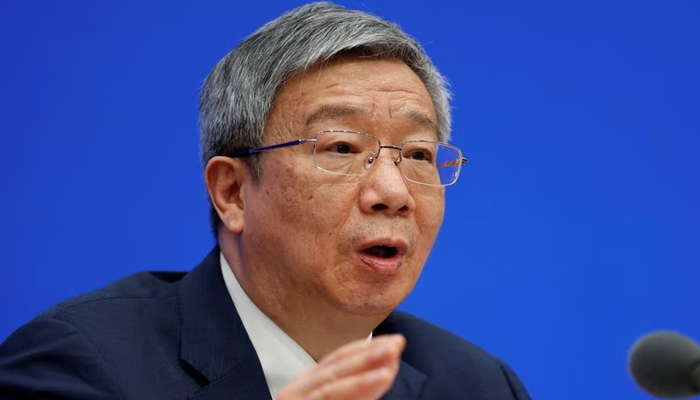BEIJING, March 12 – China has unexpectedly kept its central bank governor and finance minister at the annual session of parliament, prioritizing continuity amid looming economic challenges in the country and the stranger.
President Xi Jinping, who has appointed allies to key positions in the government reshuffle entering his third five-year term, broke with convention by keeping Yi Gang, 65, as governor of the People’s Bank of China ( PBOC) and Liu Kun, 66, as finance minister. Both have reached the official retirement age of 65.
Overall, there were fewer changes than expected, as most ministers retained their positions. However, more announcements are expected in the coming weeks as China overhauls its financial regulatory structure and other government bodies.
“Aiming for continuity in these critical economic functions suggests an emphasis on credibility and stability,” said Mattie Bekink, China director of the Economist Intelligence Corporate Network.
“It may also be a tacit recognition of some of the challenges for Beijing right now,” he said.
“The real challenge for this third Xi administration is whether he will address the structural imbalances in the Chinese economy and undertake the reforms necessary to ensure China’s long-term competitiveness.”
The government has set a 2023 economic growth target of around 5%, down from 3% last year, which was one of the weakest results in decades.
Director of China’s Bureau of Statistics Kang Yi told the parliamentary session on Sunday that China’s economy still contains deep “contradictions” and structural “problems”, according to state media.
Chinese policymakers face the challenge of getting the economy back on track after three years of COVID-19-related restrictions, low consumer and business confidence and increasingly divisive relations with the West, so many global companies seek to hedge their exposure to China.
Also on Sunday, as expected, China appointed Li Shangfu, who has been sanctioned by the United States for Russian arms purchases, as defense minister and appointed a list of four deputy prime ministers, led by Ding Xuexiang. , Xi’s longtime chief of staff.

